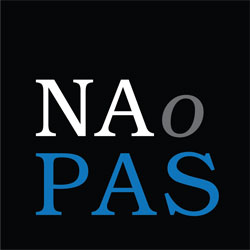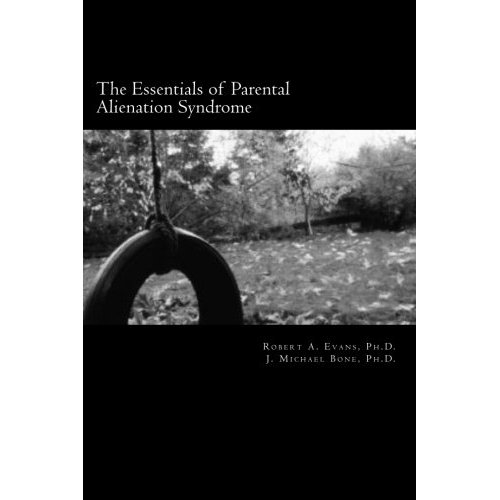A non-testifying trial consultant’s records are ordinarily protected from disclosure by attorney work product privilege, especially if the consultant maintains the attorney as his or her client and not the litigant. Within the context of an attorney-consultant relationship, records are not subject to discovery, and an open, candid, exchange of opinions can take place.
In this context, the mental health professional, functioning as a trial consultant and the attorney can discuss the strengths and weaknesses of the case. He or she can explore ways in which published research in the mental health fields might enable the attorney to develop a stronger argument. When testifying mental health professionals offer litigation support services tactical problems are created.
 Discussions between the testifying mental health professional and the attorney who has retained them are likely to be subject to discovery demands. Written documents, notes and records disclosing exchanges of information and perspectives may have to be disclosed. Even if such exchanges were oral, mental health professionals who have been identified as testifying experts can be deposed and, in the course of these depositions, are required to provide their recollections of these exchanges of information and perspectives.
Discussions between the testifying mental health professional and the attorney who has retained them are likely to be subject to discovery demands. Written documents, notes and records disclosing exchanges of information and perspectives may have to be disclosed. Even if such exchanges were oral, mental health professionals who have been identified as testifying experts can be deposed and, in the course of these depositions, are required to provide their recollections of these exchanges of information and perspectives.
The expert witness role is generally well understood and well defined both in law and in psychology.
In custody and time sharing matters the role includes such functions as objective evaluations of families or individuals, with opinions communicated via testimony; peer reviews of the professional work products of other mental health professionals, opinions subsequently offered in court; and, summaries of research literature for the court such as in case-blind testimony.
Trial consultant’s role can include:
1. Record review with forensic opinion
2. Case conceptualization assistance
3. Developing direct and cross examination questions
4. Identification of expert witnesses
5. Witness preparation
6. Feedback to attorney about client liabilities and strengths
7. Feedback regarding case weaknesses and strengths
8. Search professional literature
9. Provide research summaries
10. Develop responses to strategies of opposing counsel
11. Review forensic work products for trial preparation
12. In-court monitoring of testimony for the purpose of assisting in the development of direct and cross approaches
Both the testifying expert and the consulting expert may prepare material pertaining to:
1. Procedural safeguards
2. Interview techniques with the parents
3. Interview techniques with the children
4. The evaluator’s observation of interpersonal interactions between parents
5. The evaluator’s observation of interpersonal interactions between children and parents
6. The evaluator’s use of pertinent documents
7. The evaluator’s use of collateral information
8. The evaluator’s assessment of the reliability of collateral information
9. Steps taken to corroborate information
10. The assessment instruments that were used
11. How the assessment instruments were administered, such as following the publisher’s manual
12. The assessment data interpretation and whether there are indications of reliance upon computer-generated interpretive reports
13. Respect for role boundaries
14. The creation, maintenance, and production of appropriate records
15. Identify areas of investigative interest that were not pursued and the potential relevance of obtaining information from those un-examined areas
16. Whether non-supporting data appear to have been considered by the evaluator
17. Whether rival hypotheses appear to have been considered
18. Whether consideration was given to pertinent statutes and case law
19. Whether there exist indicators of examiner bias
Indicators of evaluator bias include the:
1. Application of a double standard
2. Insulting or demeaning terminology in describing a non-favored parent
3. Use of idealizing terminology in describing a favored parent
4. Assignment of minimal importance to possible parenting deficiencies in a favored parent
5. Assignment of special importance to reported flaws in a non-favored parent
6. Seemingly wholesale acceptance of a favored parent’s perspective
7. Seemingly wholesale rejection of a non-favored parent’s perspective
Both types of forensic consultants can offer commentary on the manner in which evaluators have communicated their findings and opinions.
Specifically, consultants can opine on:
1. Whether information reasonably needed by the court has been included
2. Whether personal perspectives have been shared with the court presented as professional opinions
3. Whether known limitations in methods or data have been acknowledged
4. Whether non-supporting data have been included
5. Whether assessment data have been presented in a manner that is balanced and understandable to non-psychologists
6. Whether the criteria employed in examining the ‘‘best interests’’ standard have been articulated
Although both forensic consultants may review a work product in similar ways, the testifying expert prepares for trial by studying the materials provided by the evaluator and his or her own critique of that evaluation. The testifying expert’s primary concern is communicating to the court information and opinions about the methods used in the evaluation.
The consulting expert prepares for trial by becoming an integral part of the attorney’s legal team, helping in developing a legal strategy and helping the attorney in his or her efforts to win. When the retaining attorney is the recipient of the expert’s opinions, it is a legitimate role for the expert. As a consultant, the expert is free to share anything that might be helpful to that attorney.
By contrast, when the court is the recipient of the expert’s statements there exists an obligation to limit opinions to those that can be expressed with a reasonable degree of professional certainty. No reviewer can give an opinion on the issues before the court, and would be irresponsible to do so. It would be appropriate for one of the attorneys of record to object to such testimony on the grounds that such testimony violates the professional’s code of ethics and professional conduct.


